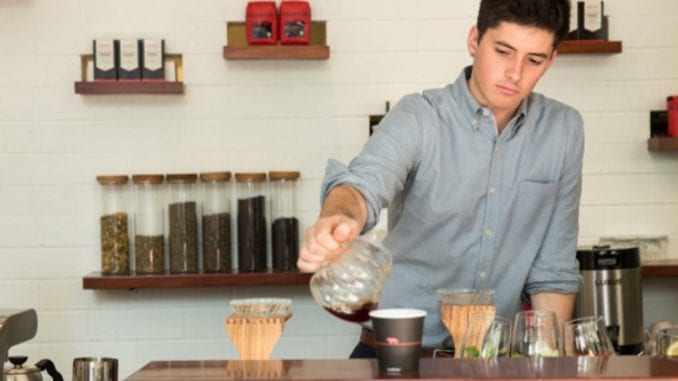
B-Corporations like Equator Coffees & Teas in San Rafael, California, use their influence and power as a business to create socially responsible programs that affect both farmers and their employees.
The B-Corps mission is simple: to encourage for-profit companies to use their businesses as a force for good in the world. Reading through their Declaration of Interdependence makes this vision even clearer.
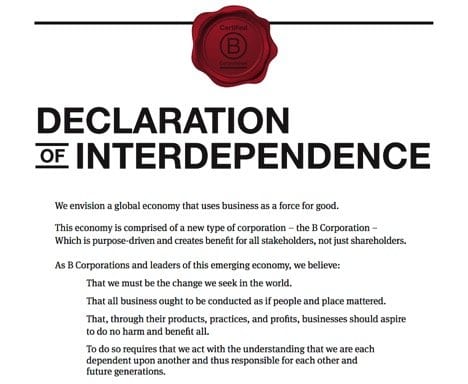
Businesses that are certified through B-Corps are held to high standards. B-Corps hopefuls must meet rigorous environmental and social standards, committing to not only do business well, but to do good with their business.
One of the first coffee companies in the United States to achieve B-Corps certification, Equator Coffees & Teas, looks at their certification as a way to propel their business forward with a greater sense of focus and intentionality. Maureen McHugh, Vice President of Equator Coffees & Teas, shares that “[B-Corps] is a platform to formalize [Equator Coffees & Teas’s] intention…it acts as a way for us to continue improving our performance and it gives us better ways to do business.”
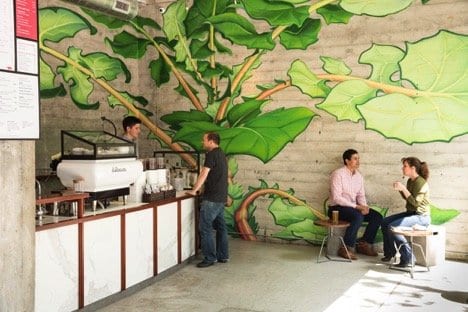
Equator Coffees & Teas first achieved B-Corps status in 2011. At that time the B-Corps name was relatively unknown, but the notion of using a for-profit business to positively impact the world was not. “Organic foods and the ideals of sustainability in a business model were taking off,” said McHugh, “And when I heard about B-Corps I thought, ‘We should really do this!’ Its a certification for the business, not just the product. It’s about transparency, it’s about governance on how the company is organized.”

While on the phone with McHugh and Equator’s Marketing Manager, Elan Lieber, a story was shared that paints the picture of this kind of responsibility-first business model. When the Equator team was first considering creating a coffee subscription service, Lieber approached McHugh with an idea for their packaging design. Think boxes within boxes, sleek lines and high-end packaging. After hearing Lieber’s pitch, McHugh asked him about the environmental impact of the box design. “Is it compostable? Is it biodegradable? I like the idea, but the execution has to align with our ideals.”
When it comes to the operations and functionality of a business, Certified B-Corporations are legally required to consider the impact of their decisions on all individuals and environments connected to the business. In order to become certified, B-Corps hopefuls must answer a series of questions that establish the company’s commitment to incorporating deliberately sustainable and humane policies into their framework. A score of 80 or above on a scale up to 200 leaves plenty of room for growth.
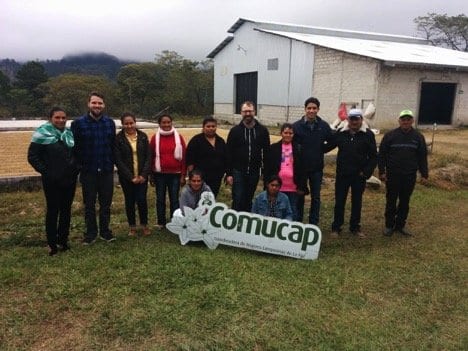
“Constant improvement of your business is a big goal of being a part of B-Corps,” says McHugh. “And they make it easy—there are a lot of resources to improve your score. If you look at [your records] over a period of time and break it down by department, it’s really achievable to work through and assess.”
The Equator team has developed a number of socially conscious programs and practices over the years. Less than 50% of their printed materials use recycled paper content, they’ve built eco-friendly worker housing on their Panamanian coffee farm (Finca Sophia), their Employee Retirement Plan includes a Socially Responsible Investing option and 100% of the company is owned by individuals from underrepresented populations. You can learn about these incentives and more on their B-Corps profile page.
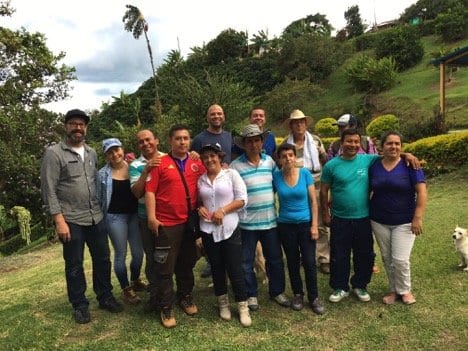
McHugh predicts that there will be an influx of coffee businesses achieving B-Corps status in the coming years. “This is what the specialty coffee community is about,” she says, “It’s all about doing business in a responsible way, taking responsibility for the impact that your business makes…the bottom line is that we are ambassadors for the coffee industry.”
To learn more about B-Corps, see their website.
 ABOUT THE AUTHOR
ABOUT THE AUTHOR
Diana Mnatsakanyan-Sapp is the Co-Creator and Director of Coffee at Undercurrent Coffee in Charlotte, NC. She is SCA Barista L1, L2, Examiner and IDP certified and can be reached at diana@undercurrentcoffee.com.

